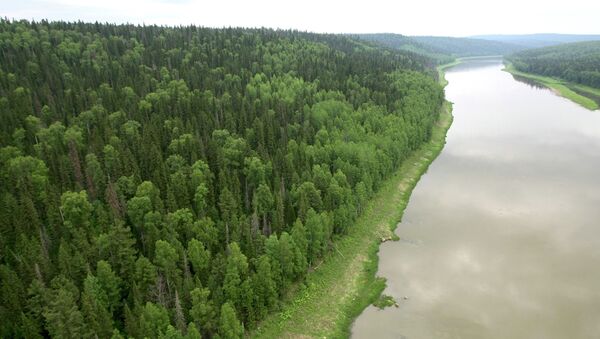The survey, which was published in the journal Nature, said that Russia tops the list of countries when it comes to figures concerning the density of trees.
Coming on Russia's heels is Canada, which is in turn followed by Brazil, the United States, China, the Democratic Republic of the Congo, Indonesia, Australia, Bolivia, and Mexico, Ria Novosti reported.
Bahrain may be one of the world's wealthiest countries, but it is the poorest in terms of tree density; it only has about 3,000 trees. Low rates were also reported in Qatar, Monaco, the Cocos Islands, and Gibraltar, according to the study.
The research team, led by Thomas Crowther of the Yale University School of Forestry and Environmental Studies, reportedly used more than 400,000 ground-based tree density estimates and scores of satellite images to produce the first complete global map of trees.
The study also revealed that since the beginning of human civilization, the world has lost at least 46 percent of its trees.
"The factors driving tree density vary dramatically across the biomes, but the one feature that stayed consistent across all of them was the negative impact of humans," Crowther said.
Crowther and his colleagues decided to count all the trees on the planet after they were approached by representatives of Plant for the Planet, a children’s initiative that aims to raise awareness among children and adults about issues related to climate change.
Within the framework of the initiative, schoolchildren, supported by the United Nations, are trying to stop global warming by planting trees.





